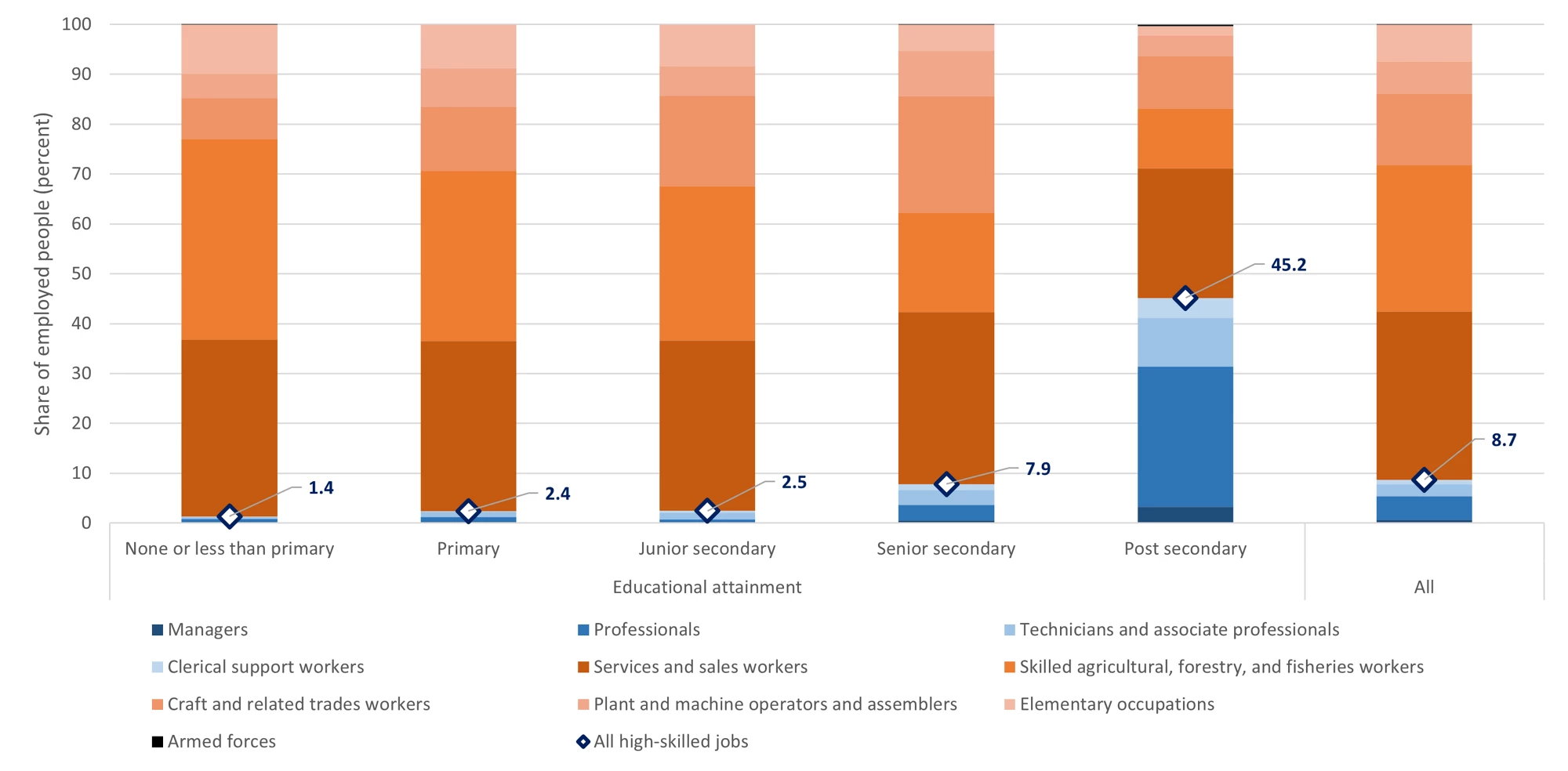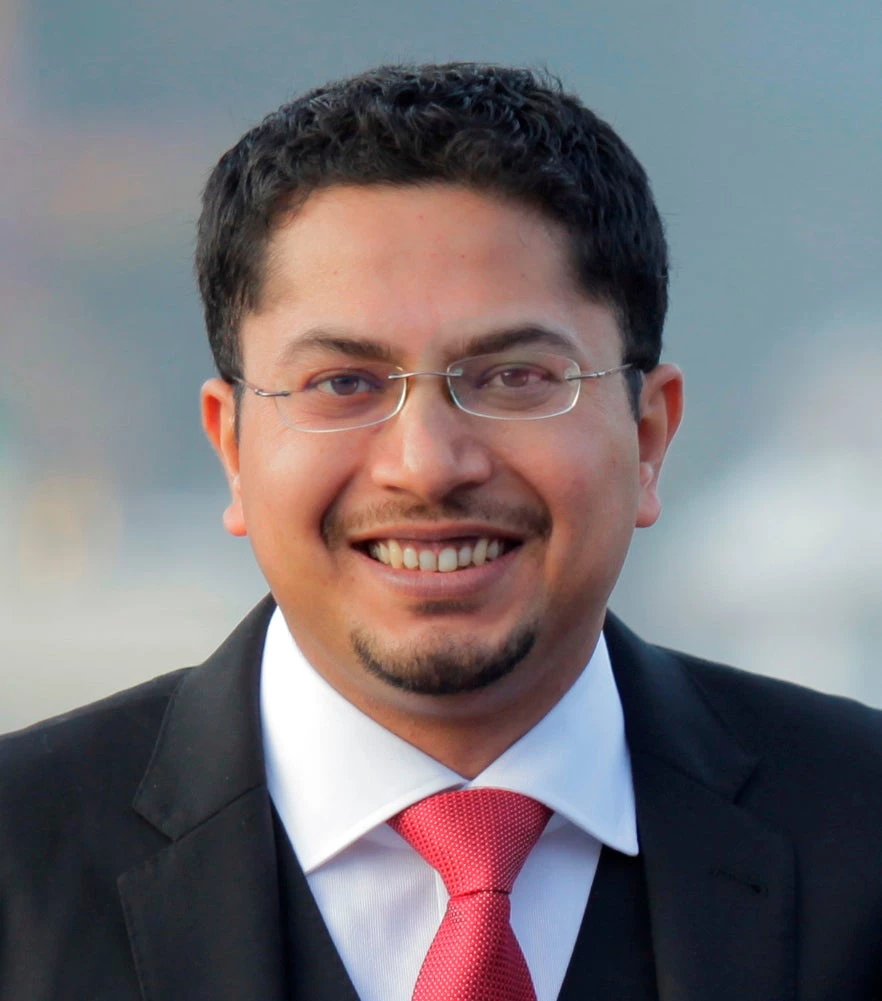 people
people
In South Asia, as well as in several countries in Europe and Central Asia, women students with technical degrees find it difficult to transition to energy sector jobs. To address this situation, in the last four years, the South Asia Women in Power Sector Professional Network (WePOWER) Partners—which has 50 partners, who are mostly energy utilities -- have hired 651 women students and graduates as interns.
However, it was not obvious to them how the internships are increasing employment or improving the employability of women graduates in the energy sector.
The WePOWER partners were asking common questions. Are these internships helping our organizations identify and recruit talented women engineers? Do our interns get the right exposure to industry and on the job training? Do our interns get good jobs in companies and contribute to the energy sector and to society at large? What can we do differently to make our internships more effective so that they result in recruitment of talented women (and men) engineers?
To address these issues, the partners came together to develop the WePOWER internship module, which is an interactive document that South Asian energy companies can adopt to improve the technical university to energy-sector job transition for both women and men.
The module is organized around principles and action steps that are based on findings from South Asian and global internship programs, survey responses from over 540 students in seven South Asian countries. To design the module, the partners deliberated extensively on how meaningful internship programs can be designed and implemented by the energy companies in the South Asian context.
Here are some of the module’s main recommendations:
Well-structured internships with clear Terms of Reference (TOR) and the supervisor’s evaluation mechanism improve the employability of the interns. It needs to clarify both the responsibilities of interns and their supervisors.
Human Resources departments can play an important role in implementing systematic internship programs that assign internship coordinators, provide readiness training for intern s’ supervisors, and incentivize (stipends) and train interns.
Gender inclusiveness of internships can be improved through some extensions of the current activities that the employers have already implemented for employees, such as proactive outreach to women students, provision of accommodations at power generation sites and safe transportation for interns, hiring women interns in a cohort, and anti-sexual harassment measures for all employees.
Change starts at home, and six WePOWER energy utilities and Grameen Shakti -a grass-roots organization working in energy access—have applied the module in order to hire more female interns.
WePOWER members Azia Shoaib of LESCO and Sohel Ahmed of Grameen Shakti have commended the module for helping structure the management of their internship activities, ensuring that interns had proper terms of reference and concrete deliverables at the end of their internships, as well as solid mentors.
WePOWER started as a partnership to increase the participation of women in the energy sector.
After four years of interactions and peer-to-peer exchange of ideas, the partners are truly collaborating with each other to find solutions to recruit more women, impart technical and leadership trainings to them, and rethink institutional policies and norms. As the Interim Secretariat of WePOWER, we at the World Bank are pleased to see South Asian energy institutions and universities collaborating at the regional level. We will encourage our sister networks to leverage their collective brainpower to co-create solutions for the challenges women face in accessing meaningful internships and paid work opportunities in the energy sector.
Find WePOWER on LinkedIn.
ESMAP
WePOWER is supported by ESMAP, which is The World Bank’s Energy Sector Management Assistance Program (ESMAP). It is a partnership between the World Bank and over 20 partners to help low- and middle-income countries reduce poverty and boost growth through sustainable energy solutions.
Increasing the employment and advancement of women in infrastructure organizations and the energy sector, is a win-win-win proposition and a key focus of ESMAP, in alignment with the World Bank’s gender strategy. ESMAP has funded and launched several initiatives to support the inclusion and participation of women in the energy sector.





Join the Conversation